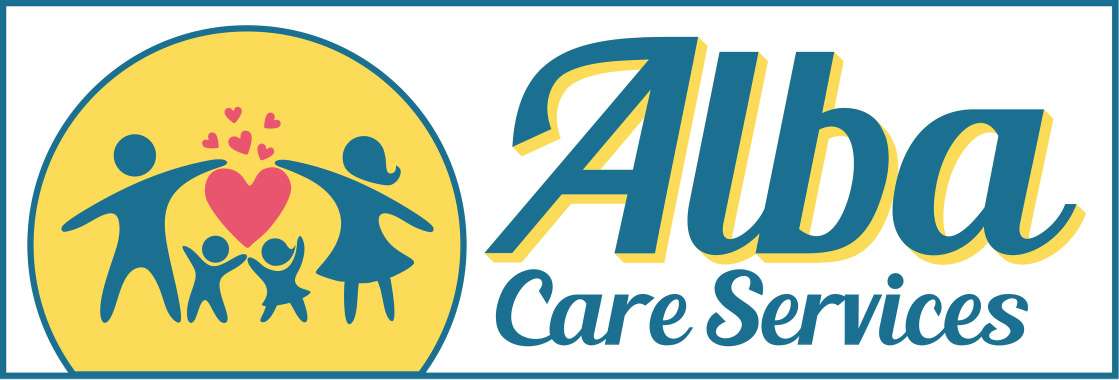Foster parenting is one of the most profound and selfless acts an individual or family can undertake. For countless children, it’s a beacon of hope and, sometimes, the only stable environment they can rely on. But undertaking the role of a foster parent is also a significant commitment, involving complex processes, personal sacrifices, and remarkable emotional rewards. Here, we’ll guide you through the entire process—from the initial spark of interest to the day you welcome a child into your heart and home.

Understanding Foster Parenting
Before you start the application process, it’s crucial to understand the core of foster parenting. Essentially, a foster parent provides a temporary home and care for children who are unable to live with their biological parents. The goal is to support reunification with the biological family, if possible, or to provide long-term care through adoption or guardianship. This is a vital part of the child welfare system, allowing children to be safe and nurtured while their family situation is resolved.
Requirements and Eligibility
Fulfilling the legal criteria to become a foster parent is the first step. This includes being of a certain age (often 21 or older), undergoing background checks to ensure child safety, and proving financial stability. You’ll also need to attend a series of training sessions designed to equip you with the skills and knowledge to parent a child from the foster care system. These vary by state and country, but most emphasize trauma-informed care and the unique needs of foster children.
Support Systems and Resources
Becoming a foster parent is not a solitary endeavor. A robust support system is essential — and luckily, there are myriad resources available. From case workers who guide you through the process to support groups where you can connect with fellow parents, the foster care community is one of the most tightly knit. Don’t be surprised if you find your best friends among those who share this unique experience and understand the challenges and triumphs you’ll face.
The Placement Process
Once you’re certified, the placement process begins. The goal here is to match a child’s needs with your family’s abilities and resources. While foster care agencies are meticulous in this matching process, it’s also a deeply intuitive one, examining the nuances of a child’s emotional, physical, and developmental needs. When a match is found, preparation is key. This transition period, where the child integrates into your family, should be handled with the utmost care and support, ensuring both the child and the foster family are set up for success.
Challenges and Rewards
Foster parenting is no easy feat. One of the biggest challenges is to provide love and stability amidst the uncertainty that often surrounds a child’s life in foster care. Becoming attached to a child who may leave your care is a unique challenge foster parents face. However, the rewards are immeasurable. Witnessing the personal growth and resilience of a child under your care, knowing you’ve made a positive impact in their life, is an emotional reward beyond compare.
The process of becoming a foster parent is a multifaceted one — it requires dedication, self-reflection, and an open heart. It’s also a journey that ensures you won’t take the small victories for granted. Each day offers the opportunity to teach, to listen, and to learn. If you’re considering this path, know that you’re choosing to open your home and your life to a world of emotions, experiences, and impacts. For prospective foster parents, the question isn’t about the challenges, it’s about the difference you can make in a child’s life. It’s a question of possibility, hope, and a future, reimagined through the nurturing care of a foster family.
Are you ready to take the first step? The foster care system is always in need of compassionate individuals willing to take on the role of a foster parent. Reach out to your local child welfare agency, start attending informational sessions, and join the ranks of those making a tangible difference in the lives of children. Your decision to become a foster parent is the start of a life-changing adventure that will not only transform a child but your own life as well.

Frequently Asked Questions (FAQs)
Q1: What is the difference between foster parents and adoptive parents?
A1: Foster parents provide a temporary home and care for children whose birth parents are unable to do so, with the primary goal being reunification with their birth family. Adoptive parents, on the other hand, make a lifelong commitment to a child, becoming their legal parents after the process of adoption is complete.
Q2: Who can become foster parents?
A2: Individuals or families wanting to become foster families must meet specific criteria set by their agency, which typically includes being over a certain age range (usually 21 or older), completing pre-service training, undergoing a home study, and demonstrating the financial and emotional stability to care for a child.
Q3: What kind of support can foster families expect to receive?
A3: Foster families receive support from multiple sources, including social workers from the fostering agency, access to community support groups, and sometimes financial assistance. Foster parents also receive training to help them meet the needs of foster children.
Q4: Can foster families adopt their foster child?
A4: Yes, in some cases, fostering can lead to adoption. This usually happens if the birth parents’ rights are terminated and the child becomes eligible for adoption. Foster families often have the option to adopt first if they have formed a strong bond with the child.
Q5: What is involved in the home study process for prospective foster and adoptive parents?
A5: The home study process is a comprehensive review of the living environment and the suitability of an individual or family to foster or adopt. It typically involves home visits, interviews with all family members, and completing extensive paperwork to assess the home’s safety and the prospective parents’ ability to meet a child’s needs.
Q6: How can individuals contact an agency to start the process of fostering or adopting?
A6: Individuals interested in fostering or adoption can contact their local child welfare agency or a licensed private adoption or foster care agency. Many agencies also host informational sessions for those wanting to learn more about the process.
Q7: Is there a cost involved in becoming a foster or adoptive parent?
A7: Generally, there are minimal costs associated with becoming a foster parent, as most fees are covered by the state or fostering agency. The cost of adoption can vary, especially if adopting through a private agency or internationally. However, adopting from foster care usually involves little to no cost.
Q8: How long does it take to complete the process to become a foster or adoptive parent?
A8: The timeline can vary significantly based on the agency, the specific requirements of the pre-service training, and the completion of the home study. Generally, it can take from several months to a year to become licensed to foster or adopt.



